 A group of authors have withdrawn a paper after revealing a litany of issues to the journal that published it. Among those issues were “scientifically misleading errors,” “insufficient” validation, and a disagreement between the researchers on whether it should have been published at all.
A group of authors have withdrawn a paper after revealing a litany of issues to the journal that published it. Among those issues were “scientifically misleading errors,” “insufficient” validation, and a disagreement between the researchers on whether it should have been published at all.
“Optimal DNA structure of reverse-hairpin beacons for label-free and positive surface enhanced Raman scattering assays,” originally published in June in Optical Materials Express (OMEx), was retracted Aug. 7. The paper purported to describe a detection method for RNA associated with influenza virus. It has not yet been cited, according to Clarivate Analytics’ Web of Science.
Here’s the full list of issues cited in the retraction notice: Continue reading “Scientifically misleading errors” prompt authors to withdraw paper
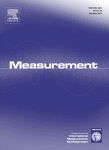
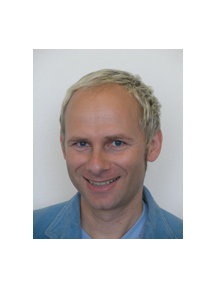

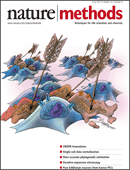
 In the fall of 2015, out-of-work stem cell biologist Mavi Camarasa decided she had waited long enough. It had been three years since she and a colleague were, best they could tell, the first to successfully correct the most common cystic fibrosis mutation in stem cells derived from a patient.
In the fall of 2015, out-of-work stem cell biologist Mavi Camarasa decided she had waited long enough. It had been three years since she and a colleague were, best they could tell, the first to successfully correct the most common cystic fibrosis mutation in stem cells derived from a patient. 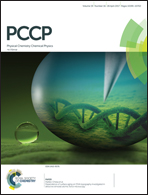
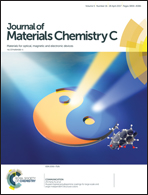
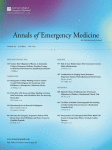 A journal has temporarily removed a paper showing the dramatic differences in the cost of providing emergency care that
A journal has temporarily removed a paper showing the dramatic differences in the cost of providing emergency care that